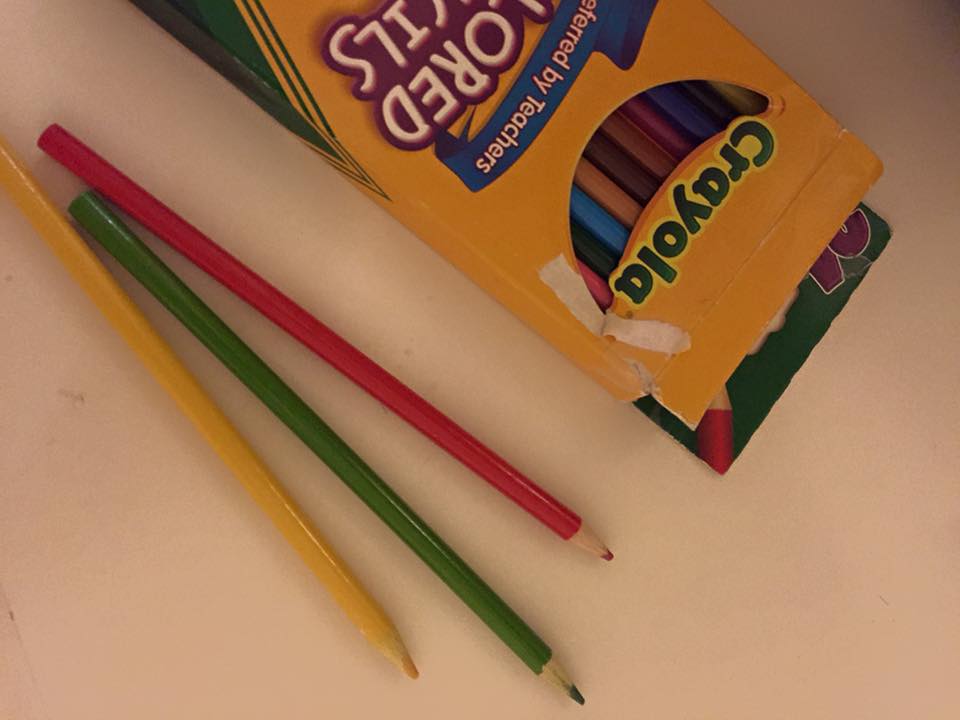“Wait, what’s diabetes again?” my 9-year-old cousin (we’ll call him Daniel), inquired, eyes widening.
The wind suddenly knocked out of me, I deflated like a balloon in my chair at the dinner table.
He doesn’t know?
Thank God he doesn’t know!
How can my response enlighten him while maintaining his innocence, leaving him just the way he is- unscathed by diabetes?
How do I explain a disease that rocked my world by the time I was his age, while simultaneously praying that he never truly has to understand?
My grandmother had been describing a friend who was exhibiting the telltale symptoms of diabetes onset- extreme thirst and sudden weight loss. Despite being familiar with the disease, my grandmother had not jumped to the diabetes conclusion. Her friend was older and type 1 diabetes was not on the radar. Thankfully, her friend was diagnosed and received proper treatment. One drop of blood was tested in time.
As we lamented the lack of awareness of the warning signs of diabetes, I noticed Daniel’s focus shifting to us. He fidgeted in his chair, the wheels spinning in his head.
Do I drink a lot? Do I pee a lot?, he wondered.
Then: “Wait, what’s diabetes again?”
I took a deep breath and blinked back tears, buying some time to regain my composure.
“See this roll on my plate? When you eat this roll, something called insulin helps you to process the food and receive energy from it. I have diabetes. So my body does not make insulin to cover the food that I eat. I take shots of insulin to stay healthy,” I replied, except there were many more “umms” and much less eloquence in that moment.
Daniel looked directly at me and nodded.
“Oh, okay,” he said, satisfied with my explanation.
And with that he took off, dancing around the living room with the other cousins, back to more pleasant daydreams of race cars and Legos in place of insulin syringes and frequent urination.
Back to the way it should be.
We need a cure.


